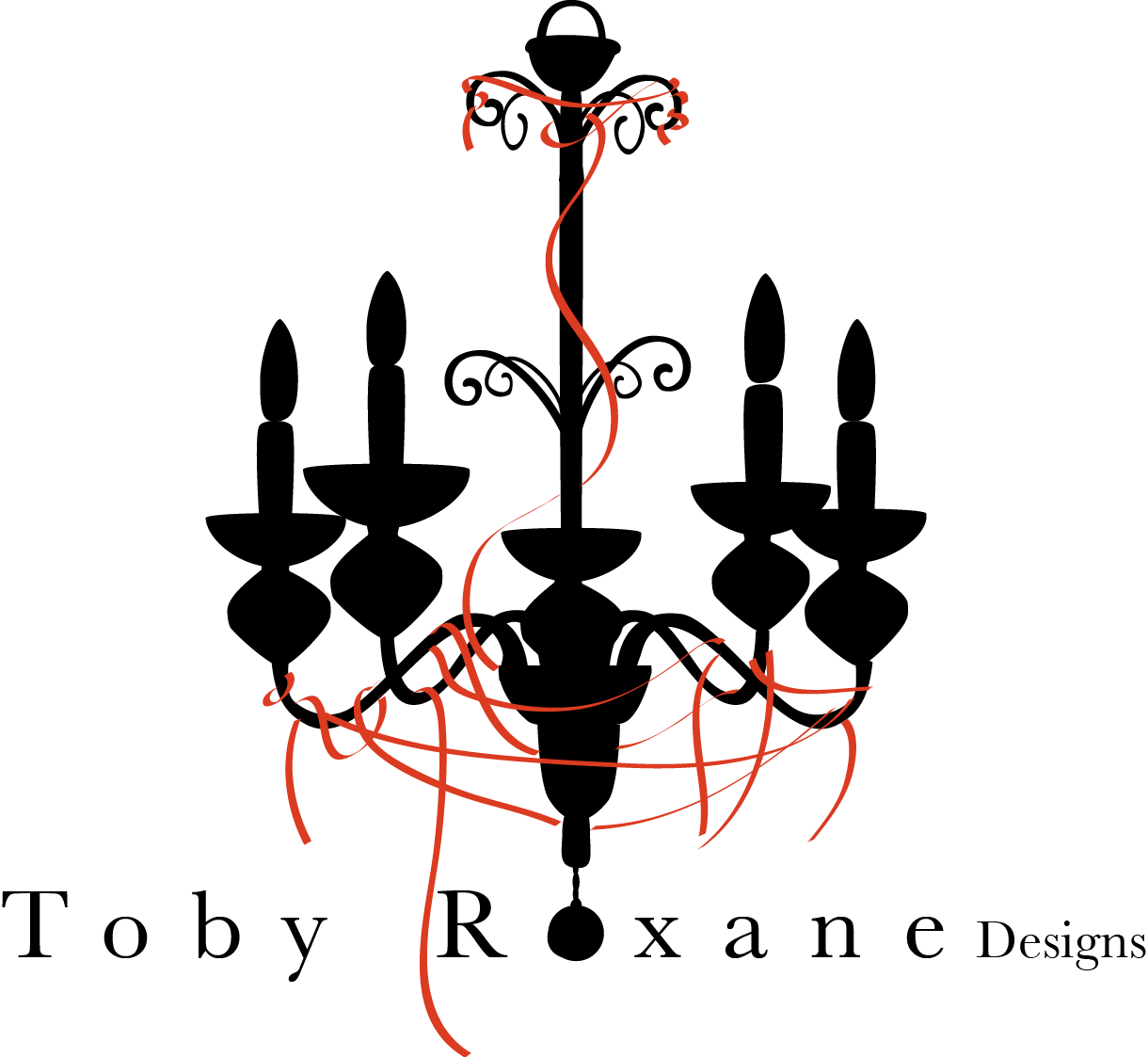Before I learned how to knit, I read, on average, a book a week. I was always a big reader. But now just about all of my sitting-on-the-couch-quiet-time is taken up by knitting (which I am not complaining about) and the only time I read is a few pages in bed before I fall asleep. It takes me about four months to finish a book this way.
For my birthday last fall, my mom gave me a subscription to audible.com, which completely CHANGED MY LIFE (they’re not paying me to say this). Now, during some of my knitting down-time, I listen to audio books. It’s fantastic, and I’ve discovered some real gems this way.
I should warn you, though—I don’t feel I have anything to prove to anyone by reading super intellectual, high-brow works (not that there’s anything wrong with that—but I spent 4 years at a liberal arts school and I’m a little high-browed-out). As such, some of what I most enjoy falls more toward the “trashy” end of the spectrum.
For example, I’ve just finished listening to two novels by Elizabeth Haynes, a British author: Into the Darkest Corner and Dark Tide. They’re both a bit sordid, but I like that sort of thing. The former is about a woman who escaped an extremely abusive relationship, one that left her scarred both physically and mentally (she developed severe OCD). The latter is about a woman whose career as a pole dancer took a downward spiral after she got involved in some shady dealings at the club where she worked. Both stories are narrated by the main characters, and both switch back and forth between the narrator’s present and past. (It’s a pretty impressive feat to do this without confusing the crap out of the reader.)
But the most impressive thing about this author, in my opinion, is the way she introduces you to an extremely flawed character and makes you like her anyway. When you’re writing a book that follows a character so closely, they sort of become a part of you, I think, and it can be really hard to admit to yourself, and the reader, that they aren’t as perfect as all that. Other authors embrace the flawed-ness to the point of magnifying it and making us hate the character in question. It’s a fine line to walk, and I think Elizabeth Haynes does it really, really well.
Anyway, if you’re into this genre and you feel like taking a break from your knitting (what?!), I highly recommend both books.
